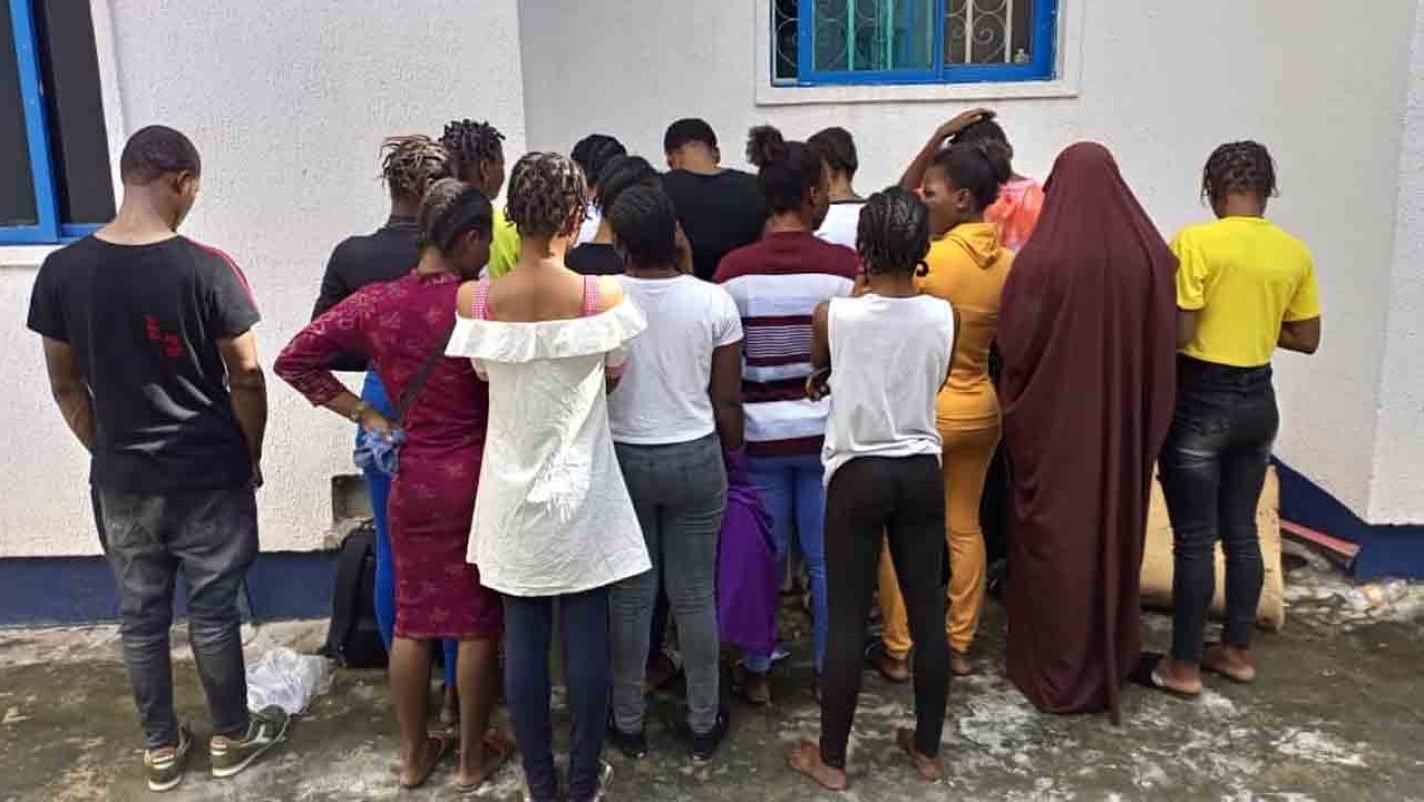Trafficking of Minors in Nigeria: Addressing a Persistent Menace

Introduction
Trafficking of minors in Nigeria remains a grave issue, fueled by extreme poverty, lack of economic opportunities, corruption, and insecurity. This egregious practice involves the exploitation of children for domestic service, sex work, forced surrogacy, and other forms of labor. The recent report by the U.S. Office of State reveals alarming statistics, showing a significant increase in the number of trafficked minors. To combat this menace effectively, a comprehensive approach involving workable solutions and the active participation of relevant stakeholders is essential.
Workable and Implementable Solutions
- Strengthening Legal Frameworks:
- Amend Existing Laws: Strengthen existing anti-trafficking laws to ensure more severe penalties for traffickers, including longer prison sentences and higher fines.
- Enforce Child Labor Laws: Implement stricter enforcement of child labor laws, ensuring that inspections and violations are adequately addressed.
- Economic Empowerment Programs:
- Job Creation Initiatives: Develop programs aimed at creating job opportunities for vulnerable populations, particularly in rural areas.
- Microfinance and Skill Development: Provide microfinance options and vocational training for parents and young adults to reduce economic vulnerability.
- Education and Awareness Campaigns:
- Community Outreach: Conduct extensive awareness campaigns in communities, highlighting the dangers of trafficking and the importance of education.
- School Programs: Introduce school-based programs that educate children on recognizing and avoiding trafficking situations.
- Improved Victim Support Services:
- Rehabilitation Centers: Establish more rehabilitation and support centers for rescued victims, offering psychological, educational, and vocational support.
- Legal Aid: Provide legal assistance to victims to help them navigate the justice system and secure their rights.
- Enhancing Border Control:
- Border Security: Increase security and surveillance at borders to prevent the cross-border trafficking of minors.
- Training for Law Enforcement: Train law enforcement officials on identifying and handling trafficking cases effectively.
Roles of Relevant Stakeholders
Government:
- Policy Implementation: Ensure the effective implementation of anti-trafficking policies and laws.
- Resource Allocation: Allocate sufficient resources to anti-trafficking agencies and victim support services.
- International Cooperation: Foster international collaboration to combat cross-border trafficking.
Non-Governmental Organizations (NGOs):
- Awareness and Advocacy: Lead awareness campaigns and advocate for policy changes.
- Support Services: Provide direct support to victims, including rehabilitation, legal aid, and reintegration programs.
Community Leaders and Traditional Institutions:
- Local Advocacy: Use their influence to educate communities about the dangers of trafficking and discourage harmful practices.
- Support Networks: Establish local support networks to assist vulnerable families and individuals.
Educational Institutions:
- Curriculum Development: Integrate anti-trafficking education into school curricula.
- Safe Reporting Mechanisms: Create safe and confidential reporting mechanisms for students to report suspicious activities.
International Organizations:
- Funding and Support: Provide funding and technical support for anti-trafficking initiatives.
- Research and Data Collection: Conduct research and collect data to inform policies and programs.
Conclusion
The trafficking of minors in Nigeria is a multifaceted issue requiring a concerted effort from all sectors of society. Strengthening legal frameworks, empowering vulnerable populations, raising awareness, improving victim support, and enhancing border control are crucial steps in addressing this menace. The active participation of government, NGOs, community leaders, educational institutions, and international organizations is essential to creating a safer environment for Nigerian children. By working together, we can develop and implement effective solutions to eradicate the trafficking of minors and protect the future of Nigeria’s youth.
Read more about this here: https://childreninfobank.com/safebank/trafficking-how-extreme-poverty-waning-opportunities-spike-demand-for-minors/
Source of image: guardian.ng




